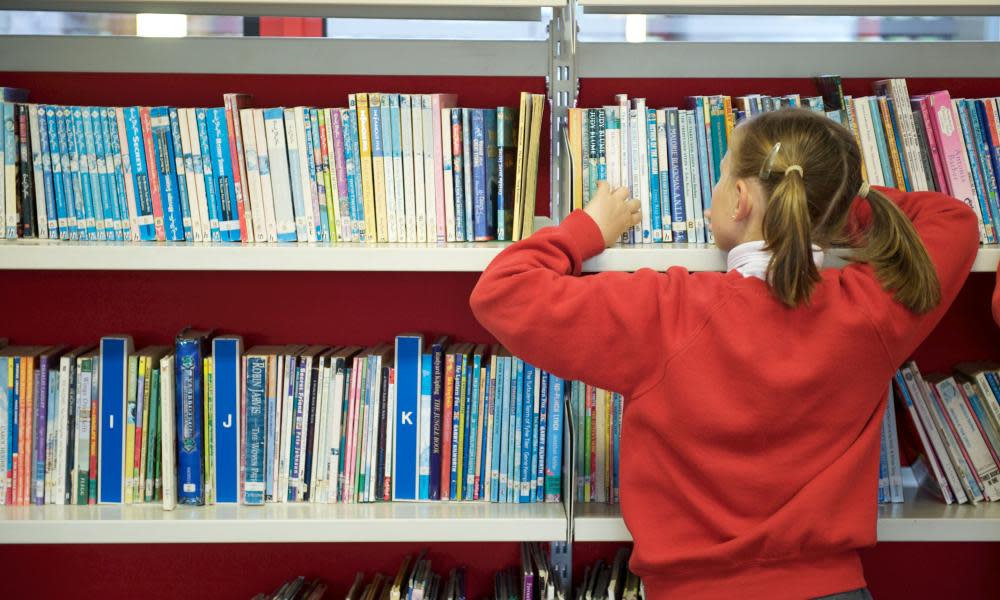School leaders in England reject catchup national tutoring programme

The government’s flagship effort to help children in state schools catch up on learning lost during the pandemic is being rejected by headteachers in England, despite the tens of millions of pounds being spent on running it.
While more than two-thirds of school leaders in England polled by the National Association of Head Teachers (NAHT) said they supported using tutors for catchup, just 3% saw the government’s national tutoring programme (NTP) as a priority.
The lack of support comes after warnings that schools in some parts of the country have struggled to find tutors through the NTP, and fears over its future after a contract to run parts of the scheme was won by Randstad, a Dutch multinational.
Related: Labour flags concern over outsourcing of England catch-up tuition
The NAHT poll received responses from more than 700 headteachers in England, 70% of whom backed small group or one-to-one tutorials as the best use of government catchup funding, so long as it was run by the schools themselves. Nearly two-thirds (63%) said support for pupil mental health and wellbeing should also be a high priority.
Extending the school day was extremely unpopular among headteachers, with just 2% saying it should be a priority for catchup learning. A longer school day had been strongly supported by Sir Kevan Collins, the government’s former education recovery tsar who quit after his £15bn catchup plan was rejected by the Treasury and No 10 as too expensive.
Paul Whiteman, the general secretary of the NAHT, said the poll results matched what he had been hearing from school leaders about their need for flexible funding and resources.
“The national tutoring programme is a great idea in principle and could have a really positive impact, but the current bureaucracy surrounding it and the difficulties schools are facing accessing tutors means that it is starting to feel like yet another hoop to jump through and a pressure rather than a help,” Whiteman said. “It also doesn’t help that schools still don’t even know what their allocations will be for next year, making planning incredibly difficult.
“The government doesn’t fall into this trap with other professions. It doesn’t tell doctors how to practise medicine. In fact, one of the biggest successes of the whole pandemic – the vaccination programme – is a demonstration of exactly that. The government invested enough money into getting the vaccines and then handed over to the NHS and stepped back to let them crack on. If only they’d do the same for education.”
Gavin Williamson, the education secretary, told an education festival that A-level and GCSE exams would go ahead as normal in 2022. He said plans were being developed to ensure grades were fair for students.

 Yahoo Movies
Yahoo Movies 
